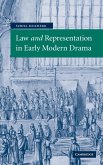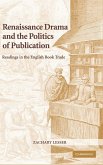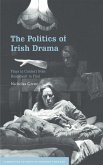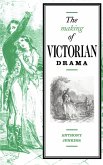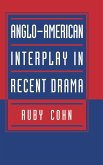This book explores interconnections between voyage narratives and travel plays in a period of intense foreign relations and the incipient colonization of the New World. Eminent Renaissance scholars from five countries use historical enquiry and textual analysis to offer new readings of narrative and dramatic texts, envisaged both in the context of the period and from the far-reaching perspective of Britain's cultural history. Plays like The Spanish Tragedy, Doctor Faustus, Eastward Ho! or The Tempest - itself the subject of three chapters - are discussed alongside relatively obscure works like The Travels of the Three English Brothers by Day, Rowley and Wilkins, Daborne's A Christian Turn'd Turk or Fletcher and Massinger's The Sea-Voyage. The plays are never approached as mere cultural documents. The underlying assumption is that the theatre is not reducible to a medium for conflicting ideologies but should be viewed as a privileged site of various meanings, of roads leading in several directions. Several chapters identify the various discourses which inform contemporary travel documents. The authors of these chapters clarify the cultural codes which travel narratives place between the reader and the supposed eyewitness. The readings of drama and travel literature are grounded firmly in the period for which they were written, and take into account the preconceptions and perceptions of their original public.
Hinweis: Dieser Artikel kann nur an eine deutsche Lieferadresse ausgeliefert werden.
Hinweis: Dieser Artikel kann nur an eine deutsche Lieferadresse ausgeliefert werden.


